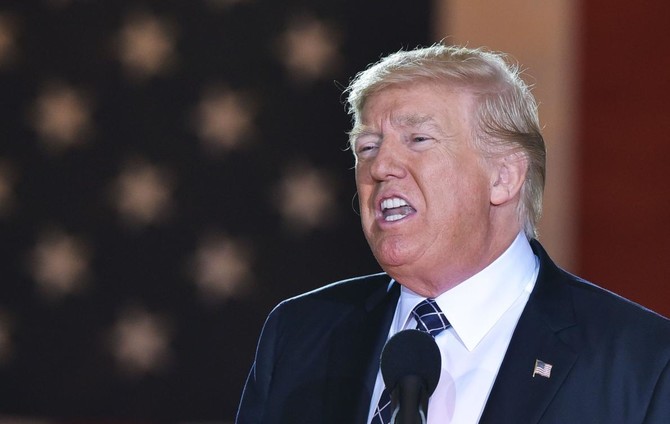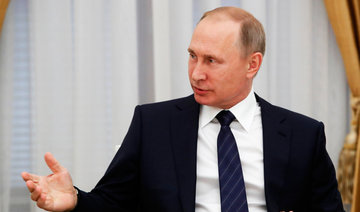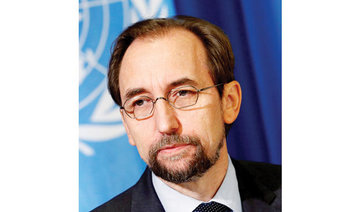US President Donald Trump spoke with Turkish President Tayyip Erdogan on Friday about the worsening situation between Qatar and Gulf and other Arab nations.
According to a White House statement, Trump and Erdogan exchanged views on how to resolve the situation, “while ensuring that all countries worked together to stop terrorist funding and to combat extremism.”
Ankara has given its support to Doha in the rift with four Arab states from the outset. The Arab powers accused Qatar of supporting terrorism, although it denies the charges.
The recently issued list of demands by the four Arab states - Saudi Arabia, Egypt, the United Arab Emirates (UAE), and Bahrain - includes the closing down of the Turkish military installation in Qatar. There are more than 100 Turkish military officers at the base who will be training Qatari military personnel - a first for Turkey in the Arab world.
Experts think the aim of the phone call was to unite the US position in the Gulf crisis and the Middle East in general with the relevant parties, but it will take some time to get a concrete outcome.
Muharrem Eksi, director of the Center for Public Diplomacy at Turkey’s Kirklareli University, said the main reason for the phone call from Trump was “Turkey’s disruptive role in the Gulf crisis, as the steps that Turkey has taken from the very beginning, disrupted Saudi Arabia’s policies towards Qatar in particular, and the Middle East generally.
According to Eksi, the main priority of the Trump presidency is building a Sunni block in the Middle East to curb Iranian influence.
”Turkey aims at conducting a solution-oriented diplomacy in this crisis and has started dialogue with both Saudi Arabia and Iran as the target country of the crisis,’’ Eksi told Arab News.
Referring to the phone call Ekşi added: “In order to implement its Middle East policy without complication, the US needs to cooperate with Turkey or at least take a position which it doesn’t object to.”
Being keen on maintaining its ties with regional powers, Turkish Foreign Minister Mevlut Cavusoglu visited Saudi Arabia on June 16 to discuss the Gulf dispute with King Salman and other officials.
“It is natural for the leaders of the two allies to be in close communication, if not coordination, regarding the crisis that is important to both,” Ozgur Unluhisarcikli, Ankara director of the German Marshall Fund, told Arab News.
“As the senior partner in the relationship, the US will expect Turkey to ensure its approach to the Gulf crisis is inline with the US strategy. But this will be easier said than done due to Turkey’s heavy political investment in Qatar and grievances with the US for the latter’s cooperation with, and support for the (Kurdish) PYD-YPG which Turkey considers to be a branch of the terrorist organization PKK,” he added.
And he added: “The Gulf crisis will likely be another item on the list of issues the US and Turkey will disagree on.”





























